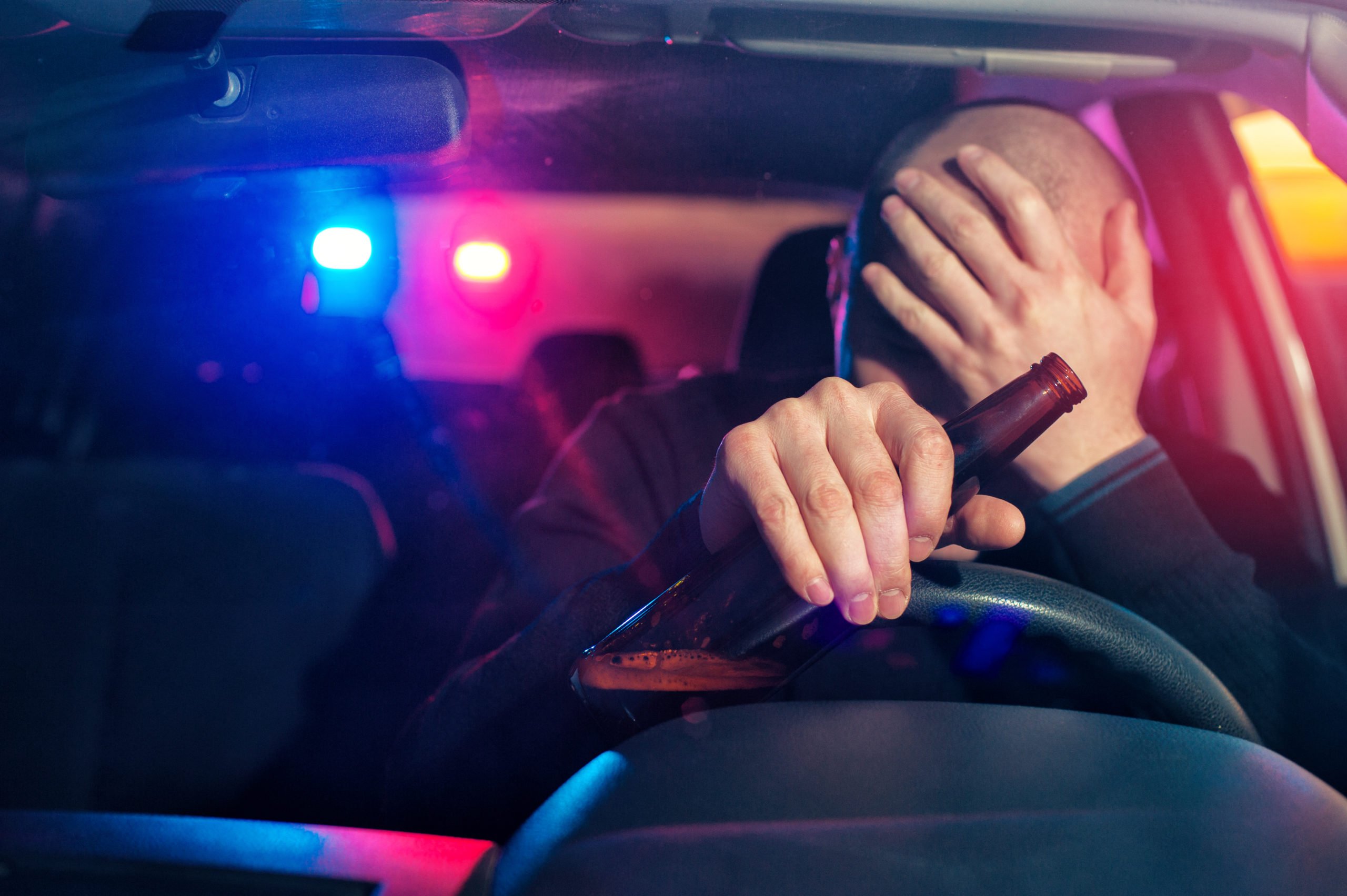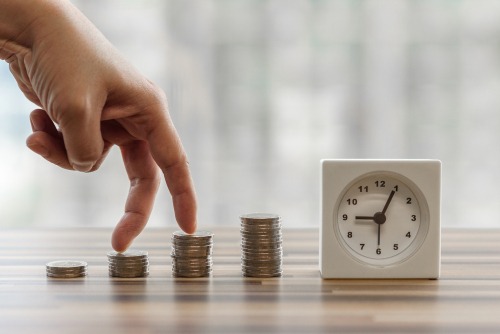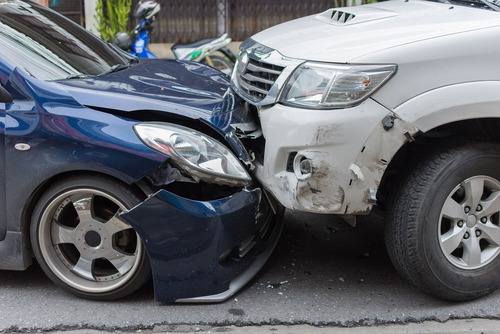
If I Got Hit By a Drunk Driver, Can I Sue the Bar?
What is a Dram Shop?
To understand liability involvement with bars, you will first have to understand what a dram shop is. “Dram Shop” laws are ones that are named after establishments in 18th Century England that sold gin by the dram (which means spoonful). These laws are enforced through civil lawsuits. They allow DUI victims or families to sue alcohol vendors or retailers for monetary damages involved with accidents.
If you are hit by a drunk driver in an accident and can prove that the driver got drunk in a specific bar, then you might have a case against the bar. However, this solely depends on the evidence you can gather. The two main types of dram shop cases are known as first party dram shop cases and third party dram shop cases, which are explained further here:
- First-Party: These cases exist when the injured plaintiff is the person who was sold the alcoholic drinks. These cases are difficult to win because juries tend to think that people should be responsible for their own actions. It is very hard to convince a jury in some situations that a bar was responsible. An exception to the rule is minors, since minors shouldn’t be served bar legally in the first place.
- Third-Party: These cases exist when the injured person is someone other than the drunk person. This means that, if you are hit by a drunk driver, and the driver just so happened to become drunk at a car, you would potentially have a case against said bar.
What is the Legal Standard and Key Evidence in a Dram Shop Case?
In a third party dram shop case, the plaintiff must mostly only prove that the defendant bar was being negligent. This typically means that it must be proven that a served patron was already drunk and the bar continued to serve them. Reckless actions come into play, too, where a person knew or should have known that their actions were unreasonably safe and yet they went ahead and did it anyway.
Evidence is important, too. Certain types of evidence are more significant that others. The bar may be seen as negligent if they served someone without requesting proof of age, served a person who was already intoxicated, served someone after closing time, or served someone who would likely become intoxicated as a result of the amount that was served to that person.
How to Prove DUI or DWI
If you have been injured in a crash involving a drunk driver, you will need a strong position to confirm that there was actually alcohol or drugs involved. DUI and DWI are generally easy to establish. You must be aware of things and tell the police officers at the scene if you smell alcohol or marijuana on the other driver’s breath. You should also pay attention to whether or not the other driver tries to dispose of beer cans or other kinds of paraphernalia. Lastly, make sure you know which person was driving, as some drunk drivers will pull a tactic and switch places with one of the passengers who hasn’t been drinking.
Statute of Limitations
There are notice requirements and shorter statutes of limitations in dram shop cases that you should be aware of as well. A lot of states have mandatory notice requirements that can be as short as 60 days, which means that the injured person must give formal written notice to the bar within 60 days of the accident that they intend to file a dram shop claim against the bar. Depending on the type of claim and the state, the statute of limitations can range from one to six years of time. If you have been involved in a crash with a drunk driver, you may have a claim against a bar. Contact your attorney at MDL for a free consultation to speak with someone you can trust with your case!


















